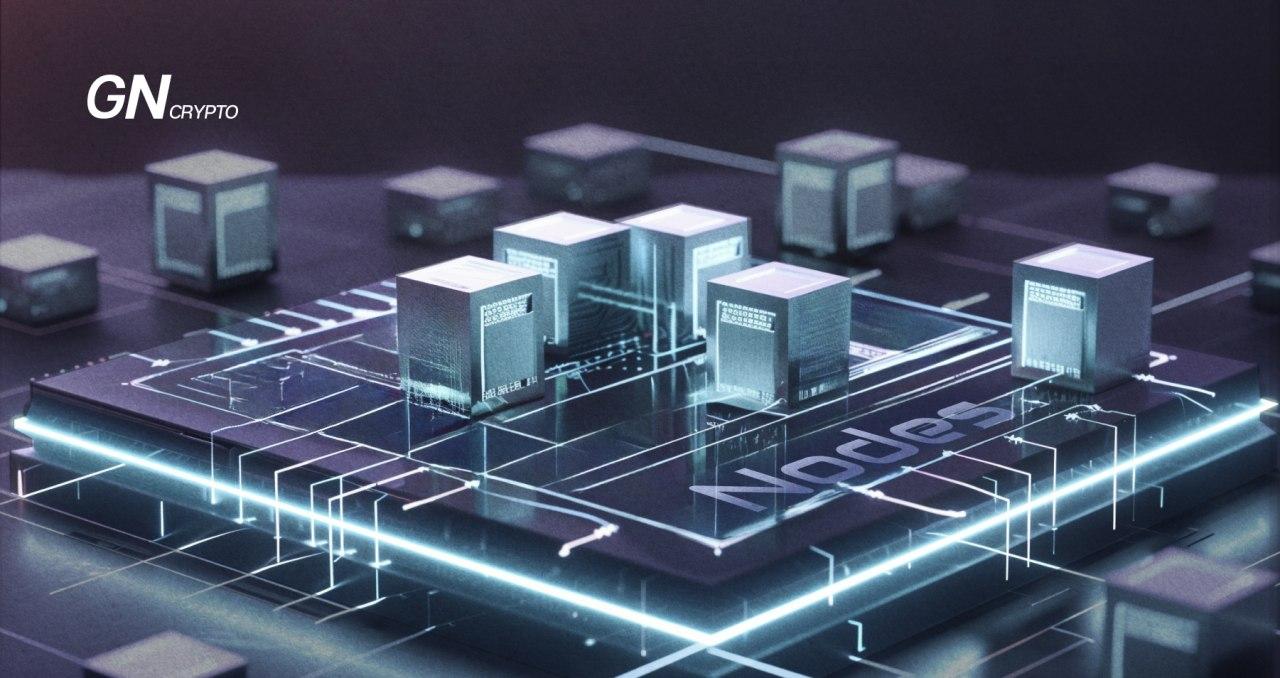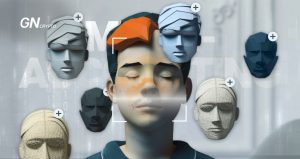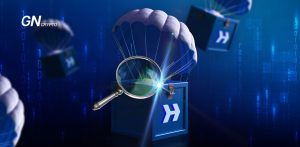Running Nodes for Airdrops: Top 5 Projects

Recent airdrops from projects like Starknet, zkSync, and LayerZero have seen an overwhelming influx of participants. Thus, it’s worth considering a lesser-traveled but potentially more rewarding path—running test nodes.
This approach may not be the easiest, but it holds the promise of greater rewards. This is due to the crucial role nodes play in blockchain decentralization and security, combined with fewer airdrop hunters. For instance, projects like Io and Taiko have recently rewarded their node operators for their contributions.
We've compiled a list of five projects that don't yet have their own tokens but are looking for node operators.
Please note! This article does not encourage any specific actions, is not promotional, and should not be used for making investment decisions. Be prepared that you may not receive the expected rewards as airdrops do not guarantee them. Always conduct your own research.
Nubit
Nubit is a scalable data availability layer targeted at the Bitcoin network. The project has secured $12 million in funding from investors such as Polychain Capital, Spartan Group, and OKX Ventures.
In June 2024, Nubit announced the second phase of its alpha testnet, including a quest for node launching in the test network. Detailed instructions and guidance were published on the project's blog and documentation. Stay updated via Nubit's social media channels (X, Discord)—the next phase of the testnet might have already begun by the time you read this article.
Hardware requirements for a light node: 500 MB of RAM, a single-core processor, 40 GB SSD, 0.1 Mb/s upload and download bandwidth.
0G (ZeroGravity)
0G is a modular blockchain designed to enhance data accessibility for decentralized apps powered by artificial intelligence.
In March 2024, 0G Labs successfully raised $35 million with contributions from Delphi Ventures, Animoca Brands, OKX Ventures, Alliance DAO, and others.
In June 2024, they launched Testnet Newton v2. Interested parties need to apply via a specific page to become node operators. Detailed instructions for setting up different types of nodes are published in the project's documentation. The project's official accounts: X, Discord.
Hardware requirements for a validator node: 64 GB of RAM, an eight-core processor, 1 TB NVME SSD, 100 Mb/s download and upload bandwidth.
eOracle
eOracle is a modular, programmable oracle network developed with EigenLayer technology. Funding details about the project have not been disclosed. The project’s official accounts: X, Discord.
In April 2024, eOracle announced a point program that rewards node operators. Start by familiarizing yourself with the onboarding process, and then move on to the detailed instructions.
Hardware requirements: 4 GiB of RAM, a dual-core processor, 100 GB of storage, 1 Mb/s download and upload bandwidth.
Sharderum
Shardeum is an EVM-compatible L1 blockchain that uses dynamic sharding to improve throughput and reduce transaction fees. According to Cryptorank, the project received $23.6 million from investors including Spartan Group, Amber Group, Jane Street Capital, Galxe, and others.
At the time of writing, the testnet named Atomium is operational. To launch a node and become a validator, follow the provided instructions. The project’s accounts: X, Discord.
Hardware requirements for a validator node: 16 GB of RAM, a quad-core processor (or a modern dual-core Xeon), 250 GB SSD.
Elixir
Elixir is a modular DPoS network developed to enhance liquidity on decentralized exchanges that operate with order books. According to Cryptorank, the project has secured $17.6 million in investments from notable entities including Amber Group, Arthur Hayes, Hack VC, Maelstrom, Mysten Labs, and others.
As of this writing, the third version of the testnet is anticipated. It's recommended to begin node setup with this upcoming version, as the second version is now outdated. Stay updated with the project's developments on platforms such as X and Discord. Detailed instructions will be published in the project's documentation in due course.
Final Words
Be aware that running nodes involves renting servers (which incurs a cost) and requires ongoing maintenance to ensure they operate smoothly. This isn't “automatic passive income.” Be prepared for potential challenges, as these testnets are specifically designed to identify bugs and issues, ensuring the main blockchain operates efficiently later.
Always stay informed through the project's official communication channels to keep your node's software up to date.
The content on The Coinomist is for informational purposes only and should not be interpreted as financial advice. While we strive to provide accurate and up-to-date information, we do not guarantee the accuracy, completeness, or reliability of any content. Neither we accept liability for any errors or omissions in the information provided or for any financial losses incurred as a result of relying on this information. Actions based on this content are at your own risk. Always do your own research and consult a professional. See our Terms, Privacy Policy, and Disclaimers for more details.

























